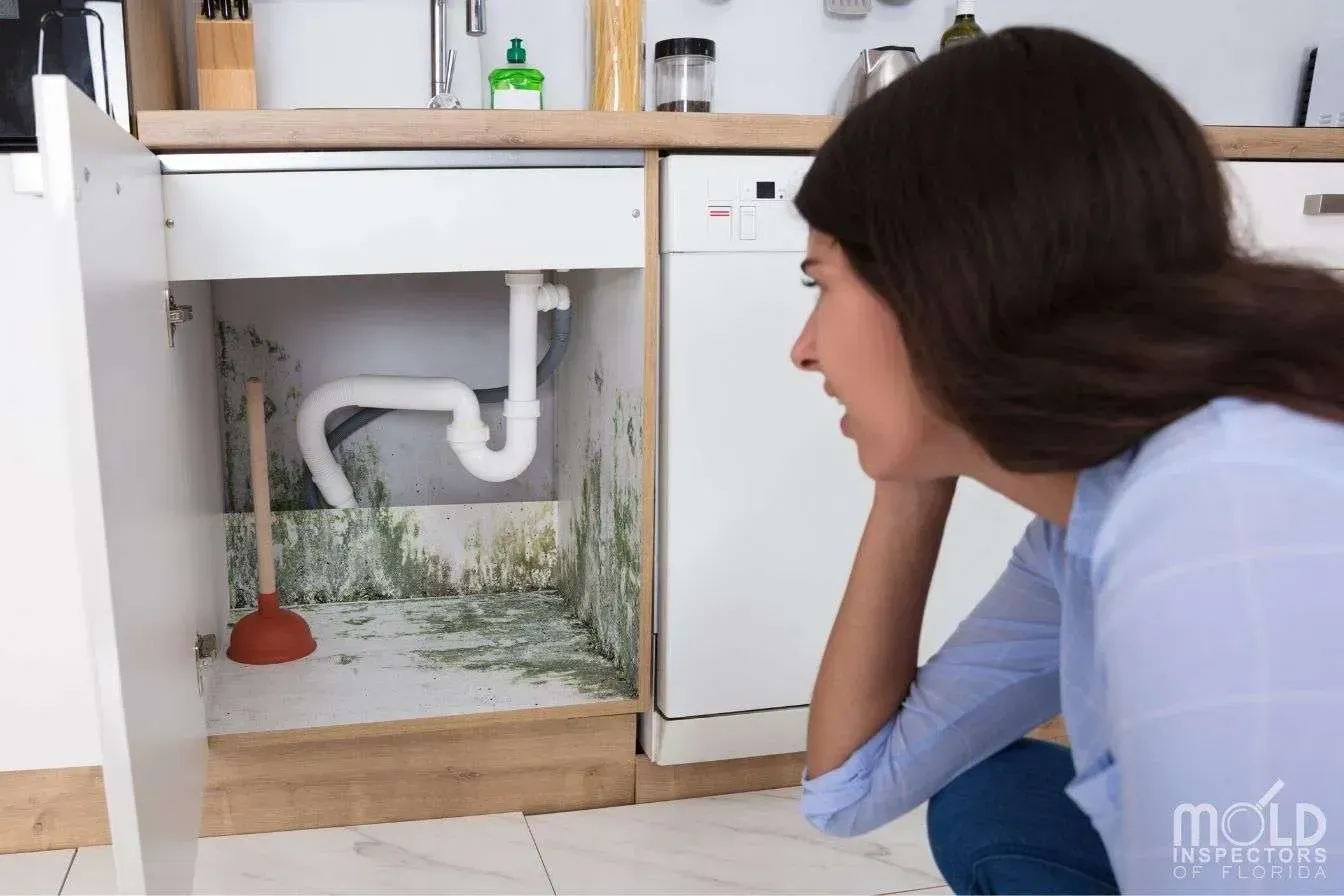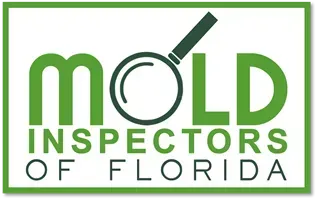Fort Myers Apartments Positive for Mold

In Southwest Florida, mold is a common topic. The warm tropical climate and increased humidity levels create moisture in building structures that are perfect environments for mold growth. For years news reporters in the Fort Myers area have been reporting on apartment complexes where mold has taken over. Most of these reports speak to tenants that are just “passing through” to grab some items from their apartment on their way back to their friends’ couch or hotel. These tenants are paying rent while living elsewhere until they find new living quarters.
Mold and Health
The majority of the reports within the past year have been featured on WINK news in Lee County. During these reports, several tenants speak up regarding health concerns. Mold is known to cause severe health-related illnesses. Every person reacts to mold differently and will exhibit their individual responses based on their body chemistry.
In the case of an apartment complex, “Sick Building Syndrome” becomes a serious concern. Sick Building Syndrome takes place when occupants of a building all exhibit related illnesses during the same time in the structure; however, these symptoms subside after time outside of this environment. With many of the tenants, this has been their experience, resulting in many residents moving out or living part-time in motels until arrangements for moving can take place. One resident interviewed by WINK stated he began hallucinating within fifteen minutes inside his apartment. Sick Building Syndrome has been known to be the basis of several lawsuits regarding mold-related illnesses.
Symptoms of mold exposure can be any of the following:
- Headaches
- Nausea
- Itchy/ red eyes
- Itchy nose
- Migraines
- Cognitive dysfunction
- Memory lag
- Skin rashes
- Hair loss
- Itchy skin/ rash
- Wheezing
- Coughing
- Sneezing
- Sore Throat and more.
-
Southwest Florida tenants in reports as recent as 2019 have reportedly experienced severe health risks resulting in Emergency Room visits from apartment mold.
Mold Growth in Apartments
According to the tenants in Fort Myers, the mold growth was not a subjective answer. Occupants brought newscasters into their homes and revealed the excessive mold growth. Tenants were desperate to find the cause of their illnesses. Peeling back flooring, busting through drywall to find the mold embedded deep within the structures. Mold was found in air ventilation systems, growing under carpeting and vinyl floors, even in the ceilings. Several tenants were charged with destruction of property looking for mold, but are disputing that it was for their health. While some tenants did not explore the apartment in hopes the landlord would look instead, some tenants did not need to look deeper to get an answer. Mold growth causing mushrooms to grow became a sign for a few tenants that the mold was uncontrollable. WINK news showing video of mushrooms growing out of kitchen cabinets and walls shows apparent signs that mold has invaded the complex.
Mold Inspections
If you believe that mold is an issue in your apartment, or are experiencing any symptoms listed above, consider a mold inspection. While desperate tenants took matters into their own hands, you don’t have to destroy your home in search of an answer. With innovative technology available to our licensed technicians, Mold Inspectors of Florida has the ability to located mold growth without pulling apart your floors.
Specialized tools allow us to measure levels of moisture in your walls that would contribute to mold growth. A tenant that had this test done in Fort Myers found the moisture level to be 69%, which is considerably higher than a building reading should be. We also utilize infrared thermography as a visual aid for mold growth in walls and floors, as well as testing air samples and surface swabs for quantity and species of mold spores. Check if your complex has kept up with routine HVAC maintenance. Failure to do so and the condensation from your air conditioning unit will breed mold spores that become homogenous with your indoor air.
Speak to your landlord about the concerns that you have and inquire about a mold inspection for your building.


